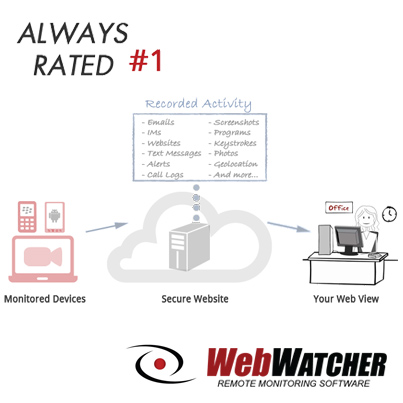Hopefully, when you talk to your kids about online safety, you talk about the importance of not revealing sensitive identifying information online, like their home address, the name of their school, or their phone number. But there are other types of information that may seem innocent to you and your kids, but can actually be very revealing. Take a look at some of the seemingly innocuous information that your kids shouldn’t share online.
Geotagged Photos or Their Current Location

It’s common for kids to share selfies showing themselves out and about doing interesting things, or updates about what they’re doing during their day. But when your kids share geotagged photos of themselves at the mall or post a status update that they’re heading to a specific theater to see a new movie, they’re announcing to the world exactly where they are or where they’re going. Anyone who sees that information could use it to find your child.
Family Vacation Information
It’s natural that your child will want to share details of their exciting summer vacation with the family. But remind them that instead of sharing that information in real time, they may want to wait and post the pictures after you return home.
When your child shares their pictures of themselves or the rest of the family at the Grand Canyon or the Eiffel Tower, they aren’t just updating the world on their vacation exploits. They’re also letting anyone who’s interested know that your home is currently empty. Would-be robbers love to know which houses won’t have anyone at home.
Embarrassing Stories or Angry Rants

You’ve probably heard of adults being fired from their jobs after posting a picture or anecdote that embarrasses their employer. Whether it’s a picture of themselves acting goofy at a party or an angry diatribe about their supervisor at work, companies have wide latitude to fire employees whose actions online might tarnish the brand, even if it doesn’t happen during work hours or relate to the company at all.
You may think that these stories don’t have much to do with your child. After all, they probably aren’t depending on a job to pay their rent, if they have a job at all. But sooner or later, your child is going to start applying for both jobs and colleges. Not only do employers sometimes make firing decisions based on social media posts, both employers and college recruiters often check social media posts before deciding to accept a new hire or new student. If your high school student posts an angry rant about their teacher, it could come back to haunt them when they don’t get into their preferred college.
It’s not enough to just delete these posts later, either. You never know who may have taken a screenshot before the post came down, and you never know exactly what might go viral for some reason. Encourage your child to keep a journal to chronicle their feelings and their funny-but-potentially-embarrassing anecdotes, and to keep their social media posts less controversial.
It’s easy for kids to forget just what kinds of posts might be problematic, which is why parents need to help by keeping an eye on their kids’ timelines. Parental monitoring software can help you catch potentially dangerous posts before things can get out of hand. To find out more about how parental monitoring software works, get our free trial.





